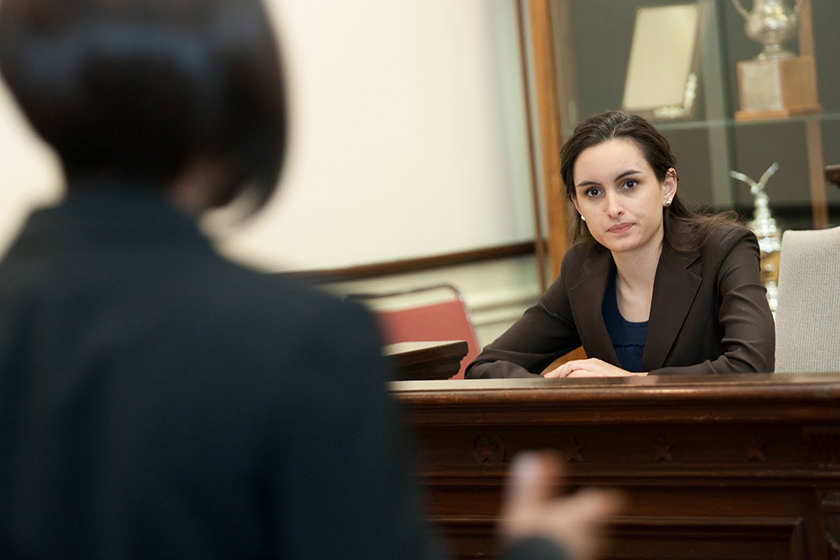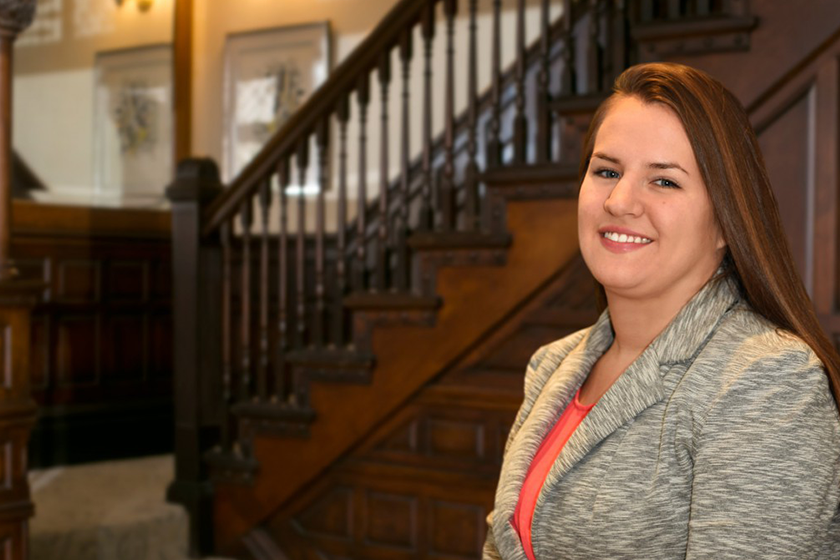The Hollywood lawyer – whether Gregory Peck, Kate Hepburn, Paul Newman or Denzel Washington – never speaks from notes. And Cousin Vinny, although he never had to give a closing, certainly had no paper in hand when he delivered his inimitable opening statement of “everything that guy said is [expletive deleted].” But it is the rare lawyer who has spoken without notes and then not thought “darn, I wish I’d remembered to say that.” Whatever Hollywood and television have done to shape audience perceptions, there is no reason to conclude that audience expectations are that an attorney will never use notes (except in student mock trial competitions), or that an attorney who does so somehow has diminished credibility or effectiveness. Given the edict that preparation is key to success in advocacy, or as words attributed to Abraham Lincoln explain, “Give me six hours to chop down a tree and I will spend the first four sharpening the axe,” reliance on memory, that incredibly faulty and distractible tool, is a less than desirable approach. Consider this …






